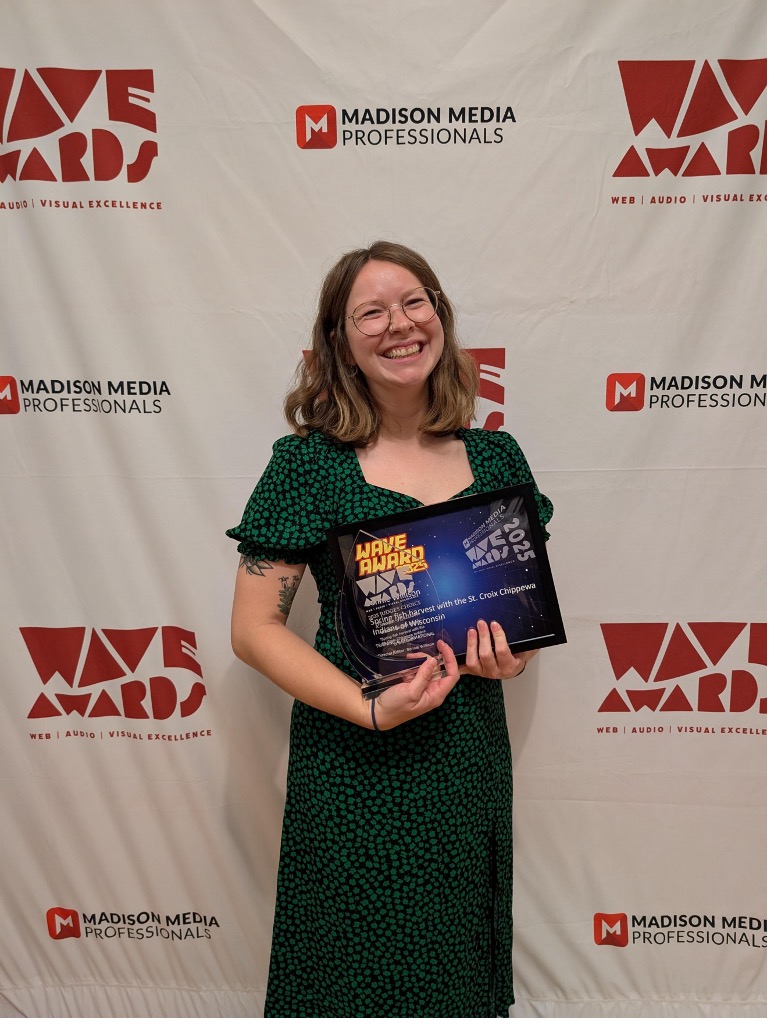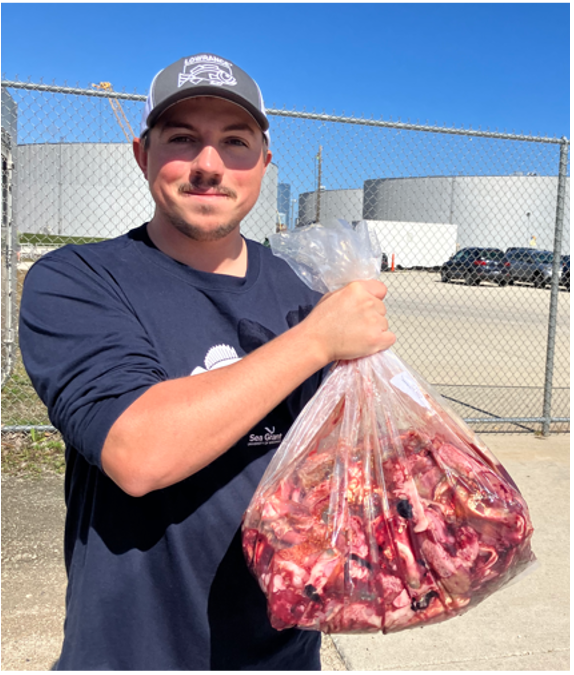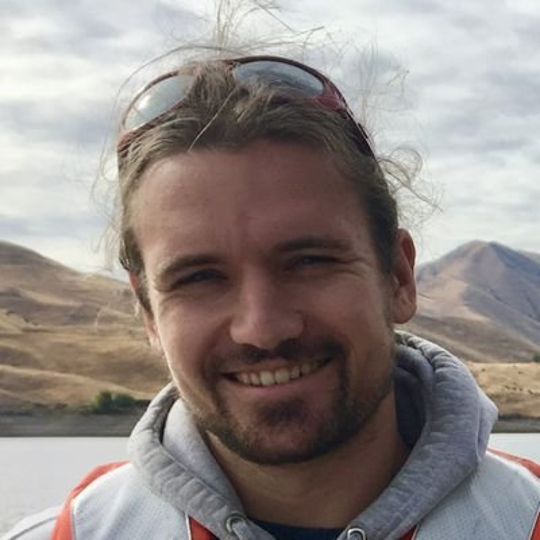It’s the third largest Great Lake and the world’s fifth largest lake. In two weeks, it will get a great deal of well-deserved scrutiny when the State of Lake Michigan Conference takes place at the Blue Harbor Resort, 725 Blue Harbor Drive, Sheboygan, Wis.
The 8th biennial conference is running concurrent with the 13th Annual Great Lakes Beach Association Conference on Oct. 15-17.
“It’s the only major conference dedicated solely to Lake Michigan and to Great Lakes beaches,” said organizer Vicky Harris and longtime water-quality expert recently retired from Wisconsin Sea Grant. Harris is co-chairing this year’s gathering and continued, “Registration is brisk but there are still some spots available. I expect we will have very popular and well-attended sessions because of the overwhelming interest throughout the Great Lakes in Lake Michigan’s water quality and beach health. The continued efforts funded through the Great Lakes Restoration Initiative hold great promise and have people excited about making real progress on long-standing problems.”
The conference is co-sponsored by the Great Lakes Restoration Initiative, the U.S. EPA, the Wisconsin Department of Natural Resources and the Great Lakes Beach Association.
There will be more than 100 presentations covering 18 topics, including contaminants, Lake Michigan’s changing fishery, aquatic invasive species, beach remediation successes and sustainable coastal communities. The Sheboygan River and harbor restoration will be spotlighted to celebrate local accomplishments.
Conference-goers can opt for one of three field trip options on Oct. 15, including a tour of the Sheboygan River Area of Concern, Kohler-Andrea State Park on the shores of Lake Michigan and the site of restoration work on Centerville Creek and Hika Shores, a tributary of the lake.
Two hands-on beach workshops will also take place on Oct. 15—a demonstration of the free “Virtual Beach” and EnDDaT computer systems and how they can be used to inform real-time advisory and monitoring decisions, as well as a demonstration on dune formation, beach grass plantings to deter waterfowl and gulls from swimming areas.
There will be two poster receptions, exhibits throughout the conference and a beach bonfire on Oct. 16.
Information presented at the conference will be used to improve beach management and public health protection. It will also be used to revise the Lake Michigan Lakewide Management Plan, a plan of action to assess, restore and protect the health of the Lake Michigan ecosystem.
Visit the conference website for more information.





